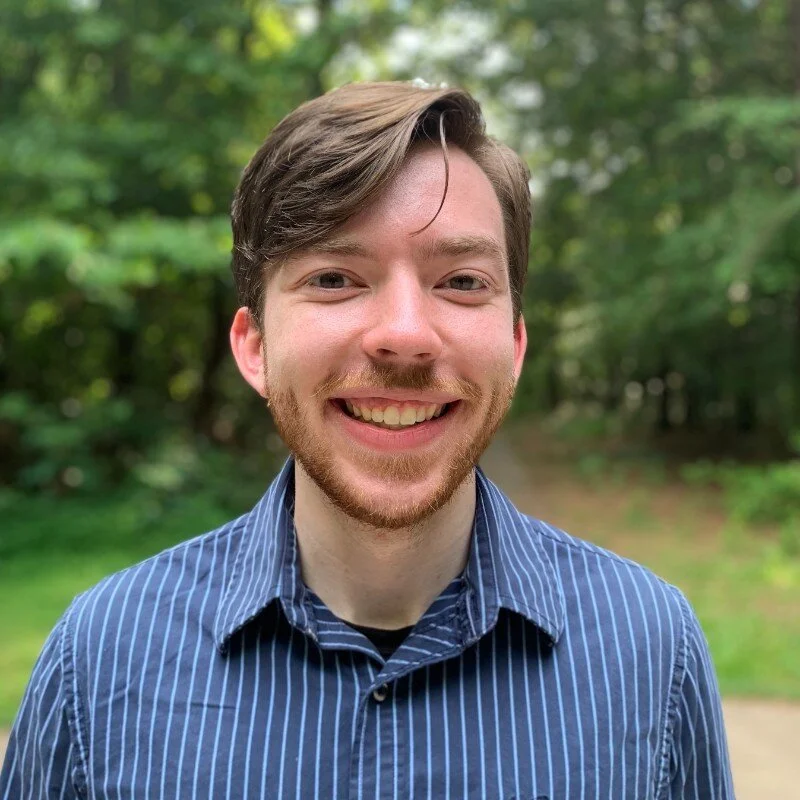Dev Catalyst Alumni Spotlight: Shane Elder
Internships give students a tangible understanding of what life in the workplace can look like with valuable hands-on opportunities, and for Shane Elder, senior computer science and mathematics major at Rhodes College, he has been able to take advantage of these experiences in many ways.
From working with St. Jude, creating wrist braces that actively and instantly detect cardiac arrests and seizures for their patients, to researching with Rhodes College professors, building a machine that finds dents and scratches in the aluminum parts used in Boeing airplanes, Elder has definitely not taken the internship experience for granted throughout his college career.
Though he has been able to participate in such incredible roles throughout his college years, he can see how his knowledge from Dev Catalyst and his experience from the San Francisco trip played a major role in everything he’s been able to do and accomplish.
“It was very different from anything I'd ever done before,” Elder says. “Getting to go see all those companies and getting to explore San Francisco was a very wild experience, and it made me realize just how big the tech industry is. I had never been exposed to that; I guess none of us here in West Tennessee are really, but it definitely sparked an interest.”
Aside from realizing every grad school he wants to attend is in California (he says with a laugh), the San Francisco trip opened his eyes to how much one can really accomplish with the knowledge programs like Dev Catalyst give their students.
“There are so many more opportunities than you're led to believe in high school,” he says. “In high school, you're told there are these fit paths you have to take, but you can walk away doing anything, really.”
He says one thing that made him realize this truth was meeting a full-time programmer for LinkedIn who received a Bachelor’s degree in English, and as a graduating senior, he says that eased a lot of the pressure he felt to find a major and discover a life-long career his freshman year of college.
“I realized that, while important [to find a major], it wasn't going to ultimately decide what I was going to do for the rest of my life,” Elder says. “There is just not a definitive path you have to take, and I was definitely a lot less stressed [in college] than many of my classmates.”
He pauses and adds with a laugh, “that was very helpful because I got second-hand stress from a lot of them.”


